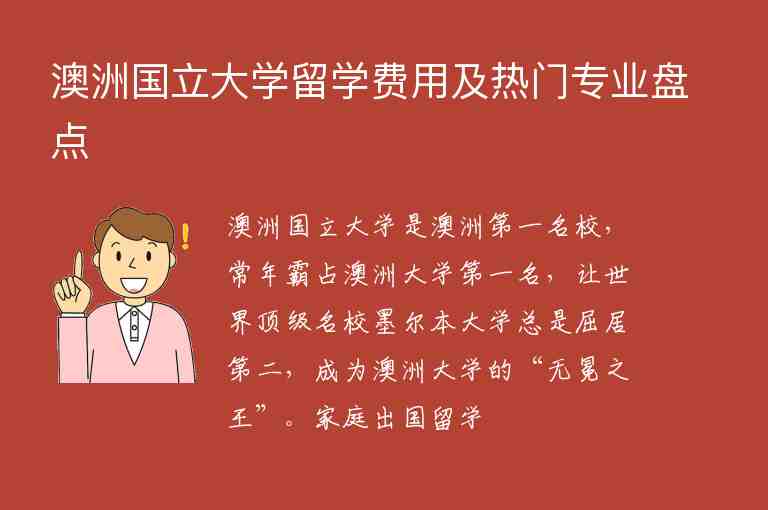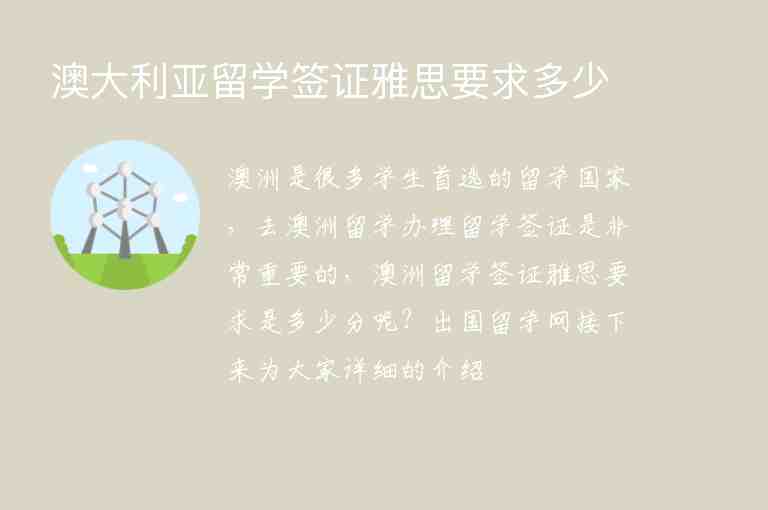germany是一个名词,指代德国这个。它可以用作主语、宾语或者定语,在句子中的位置灵活多变。德国是欧洲的一个重要,也是世界上经济最发达的之一,其首都为柏林。
怎么读(音标)
germany的音标为 /ˈdʒɜːməni/。
用法
1. 作为主语
Germany is a beautiful country with rich culture and history. (德国是一个拥有丰富文化和历史的美丽。)
2. 作为宾语
I have always wanted to visit Germany and experience its Christmas markets. (我一直想去德国,体验一下它的圣诞市场。)
3. 作为定语
The German language is known for its complex grammar and word order. (德语以其复杂的语法和词序而闻名。)
例句1-5句且中英对照
1. Germany has a long history of producing high-quality cars, such as Mercedes-Benz and BMW.
(德国有着悠久的生产高品质汽车的历史,如梅赛德斯-奔驰和宝马。)
2. The German education system is highly regarded for its emphasis on practical skills and critical thinking.
(德国教育因其注重实践技能和批判性思维而备受推崇。)
3. Oktoberfest, a famous beer festival, is held annually in Munich, Germany.
(慕尼黑每年都会举办著名的啤酒节——“十月啤酒节”。)
4. Germany has a diverse landscape, from the Alps in the south to the North Sea coast in the north.
(德国地形多样,从南部的阿尔卑斯山到北部的北海海岸。)
5. During World War II, Germany was divided into East and West Germany until reunification in 1990.
(二战期间,德国被分为东德和西德,直到1990年才实现统一。)
同义词及用法
1. Federal Republic of Germany: 德意志联邦共和国(德国的名称)
2. Deutschland: 德语中对德国的称呼
3. Germanic: 德国人的;属于日耳曼民族的
4. Teutonic: 德意志人的;属于日耳曼民族的
5. Deutschlanders: 德国人(常用于非正式场合)
编辑总结
作为一个重要的欧洲,Germany在世界上拥有广泛影响力。它不仅是经济强国,也是文化和科技发达的先进。通过学习这个单词,我们可以了解更多关于德国的知识,并且在日常生活中更加灵活地运用它。

